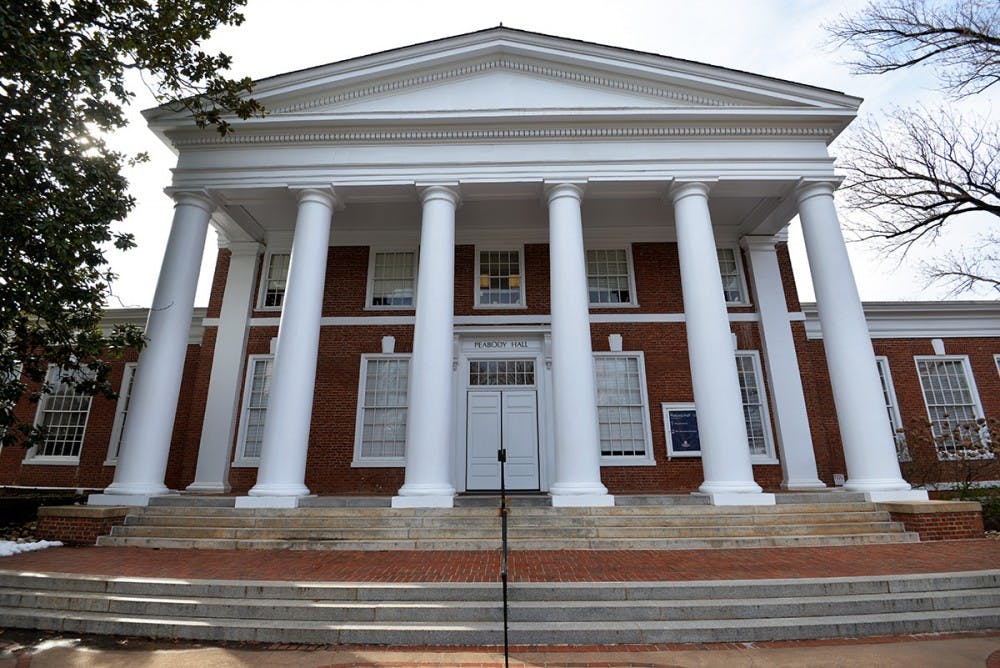Discussions over affirmative action have been prominent in recent months. Recent lawsuits, such as the one filed against Harvard University, by Asian-Americans plaintiffs, claim discrimination on the basis of race. These cases rightfully point out racist elements of the admission process, such as rating Asian-American applicants lower for personality points. However, affirmative action benefit minorities as a whole and combat policies that favors white students.
For most affluent Americans, college admissions often embody their most serious anxieties — ensuring that their children have the education to continue their positions within the upper class. However, for as much as a university education can give an individual a leg up in life, most of these concerns are seriously overblown — the children of the middle class already hold inherent advantages throughout the admission process.
At the University, this argument has materialized in recent discoveries into our admissions process. Not only was it revealed that legacy applicants were admitted at twice the rate of non-legacies, but also that a “heads up list” may have influenced admissions policy, for prospective students whose families had gifted the University sums of money up into the six figures. This suggests that in reality, the real system that perpetuates mass inequality are legacy policies, which give preference to overwhelmingly white students on the basis of parental connections to a university.
For families already firmly within the middle and upper classes, this leg up is unwarranted, because their children already reap the highest benefits the American life. Familial wealth is already the number one predictor of the success for any individual. The Brookings Institute directly echoed this claim, further linking the privilege of the upper middle class and its whiteness by directly citing “‘opportunity hoarding’ mechanisms” such as exclusionary zoning and legacy preferences, as an explanation for why race and class are so heavily intertwined in American society.
Looking at demographic data of several elite colleges, such as the Ivy League and flagship public universities, the proportion of enrolled minority students continues to shrink, even with the influence of affirmative action within admissions. The University’s data reflects that same imbalances, with the white population dwarfing all other racial demographics across undergraduate, graduate, staff and faculty lines. Because of these trends, all populations suffer. We lose bright students from underrepresented backgrounds, we isolate minority students who fail to see themselves represented within the student body and we minimize white students’ ability to learn from and listen to students with drastically different life experiences on basis of race.
Moreover, the University has a sordid legacy concerning its integration and its acceptance of women. In fact, it was one of the last public universities to integrate and one of the last public universities to accept women, with complete integration occuring in the late ‘60s and acceptance of women in the 1970s. Because of this, no applicant with black heritage or ties to female graduate could utilize the power of legacy status until relatively recently, when those particular graduates had children. In this way, this University’s system of giving preference to old legacy families that go back generations nearly exclusively benefit white families.
In order to rectify this inequality, the University should cease its legacy admission policies. If the current administration is truly on board with attacking the missing history and structural racism of Jefferson’s old “Gentlemen’s University” and Charlottesville, abandoning this policy is vital to making this University’s admissions process finally equitable. Expanding scholarships to strong minorities students and spearheading initiatives to increase minority application all would be strong steps to remedy the current imbalance in place.
As a former Princeton admissions officer quipped in his New York Times op-ed, legacy policies act as affirmative action for whites, which is reflected in research studies that he cites. In the case of the University, this especially rings true. Out of the legacies admitted, their average SAT scores and class rank were within percentage points of their non-legacy peers — meaning that these applicants didn’t require the help of legacy status, rather their legacy status pushed them over the edge into admissions whereas other strong applicants didn’t have that luxury.
There will always be counter-arguments, such as legacy admissions benefit most universities through increased alumni donations, which has not been supported by any significant statistical evidence. Even if the data trended in favor of legacy admissions, the ethical obligation to remedy our University’s demographic profile should instead lead in importance. As a student body, we need to unite against legacy admissions and abandon a needless advantage for the sector of white wealthy students that need it the least.
Katherine Smith is a Senior Opinion Columnist for The Cavalier Daily. She can be reached at k.smith@cavalierdaily.com.







